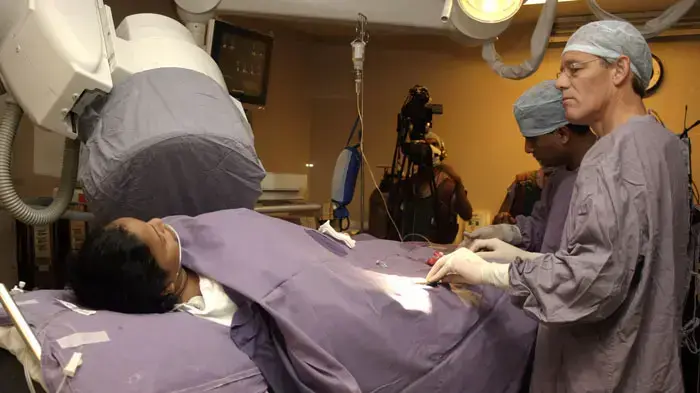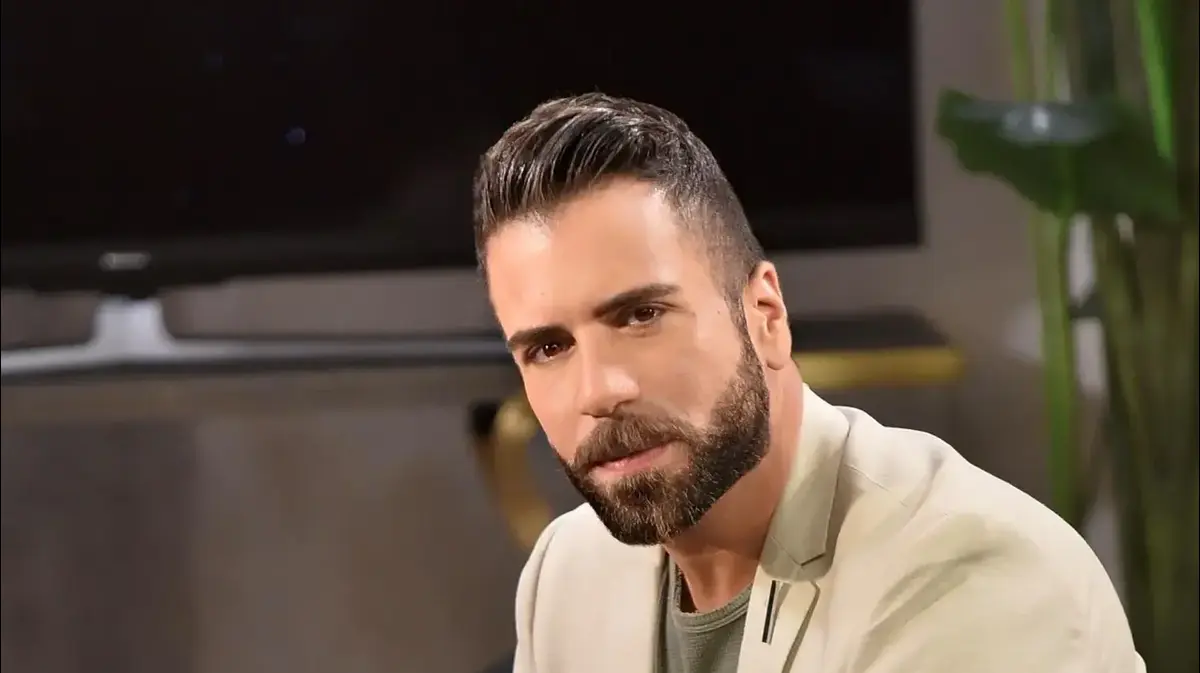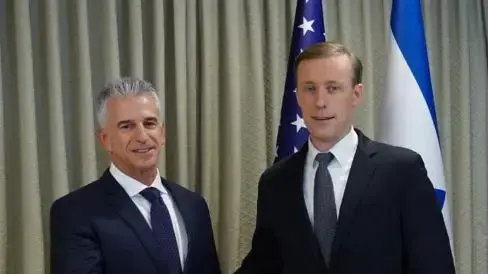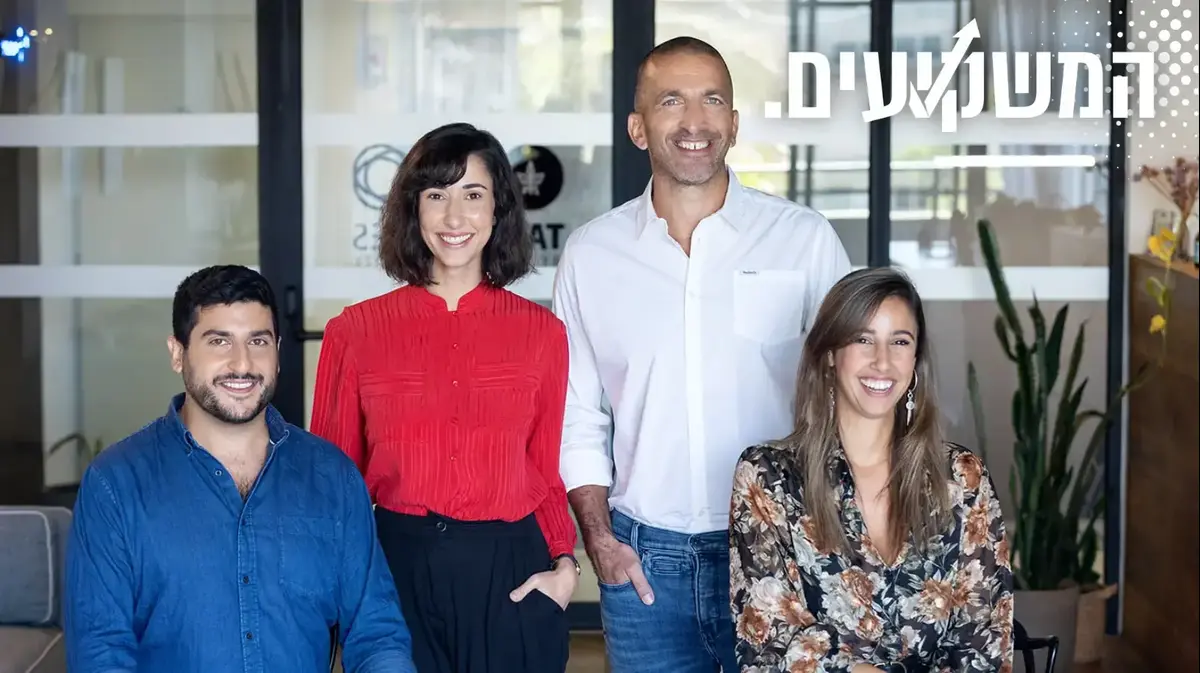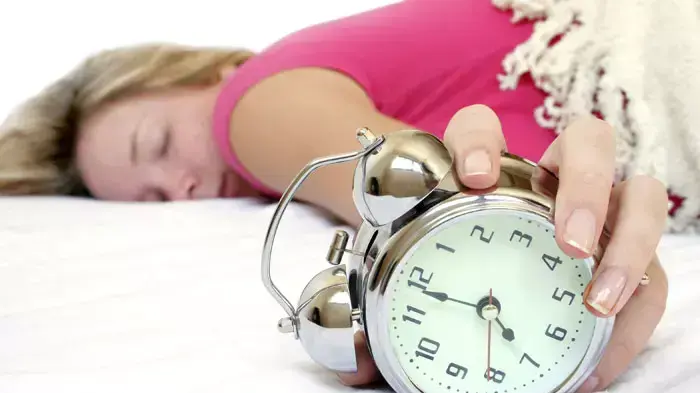Just a heart valve, imaging (Photo: Public Relations)
A few weeks ago, the biomed company Throlif received a fifth grant from the National Innovation Authority, in the amount of NIS 1.8 million to support the next stage in the development of a mitral valve for use in heart catheters.
In total, the company received grants from the Innovation Authority totaling approximately NIS 9 million.
"This is a very big expression of confidence" says the company which is currently facing the first clinical trial in humans on the development of an innovative heart valve, which should change the lives of many heart patients around the world.
The new development joins a previous development made twenty years ago, in 2022, when four Israeli engineers implanted a first-of-its-kind heart valve in a heart patient through catheterization.
After saving millions of heart patients worldwide, and even made a successful exit when the valve was sold to the medical device giant Edwards Life Sciences.
Nathaniel Benisho and Benjamin Spencer are two of the four Israeli engineers who teamed up again about five years ago to work together, with the aim of bringing about another medical revolution.
This time, too, it is about the invention of a heart valve, but unlike the previous one, it is about a more complex development - the mitral valve, which should provide an answer to millions of people around the world over the age of 75% who suffer from a problem with this valve, and for whom there is no other medical solution.
Benjamin Spencer (Photo: Public Relations)
A serial strategist
"Developing medical equipment requires a lot of prior experience and knowledge," explains Spencer, in a conversation held a few days before the first clinical trial on humans is to be conducted.
"The goal is to look at the issue in a round and broad way."
Spencer comes from a mechanical engineering background, both his parents and his grandfather were doctors, hence the connection between the world of technology and the world of biomed.
"I have been in this field for over twenty-five years, and I have taken part in more than six medical startups. One of them was actually the first valve in the history of medicine that was inserted with a catheter, as opposed to open heart surgery, and today it is still in selected use and allows an alternative to open surgeries."
Spencer explains that 20 years ago, although the clinical results of open heart surgeries were very good and difficult to compete with, "but the market demanded a move beyond the so-called minimally invasive surgeries. Both the patients and the doctors demanded this for many reasons, first and foremost the patients' recovery and recovery, which was very difficult after heart surgery open. With catheterization, the patients return home within two or three days and feel nothing."
Spencer and Nishu as mentioned, did this already twenty years ago from a small company that lived in Caesarea.
"In the past we developed an aortic valve, which is the main valve of the heart, the one that separates the left ventricle from the aorta."
The patent was later purchased by the Edwards company, which is considered the largest valve company in the world.
Benisho and Spencer broke up professionally.
Benisho continued to work under the Edwards company and Spencer continued to develop other start-ups.
Five years ago they teamed up again and this time with the goal of developing the second valve.
"This is the mitral valve, the mitral valve separates the left atrium from the left ventricle, it is the most diseased of all the valves. The number of patients with this valve is greater than with the aortic valve."
It is difficult to define the term "demanded market" when it is ultimately about sick people, but if it is allowed to say so, the "market" of mitral valve patients worldwide is huge, amounting to 15 billion dollars every year.
"In the US alone, there are 4 million patients a year who need to undergo open heart surgery to repair the leak, but only 30,000 of them can meet the criteria.
Most patients are elderly and cannot undergo complicated surgery under full anesthesia."
How is it that there is still no development for this problem in an era where pharma-tech is a hot field in the world?
"For years, many companies have been trying to develop a solution to this problem. We joined these attempts five years ago with a slightly different starting point. We have a very successful experience of developing a valve in the aortic position. At the same time, we also had enough time to sit and look from the sidelines at the trials and errors which were done along the way. Then, we came up with another idea that has not yet been tried in other companies. It is different in the way and in the way we try to solve the problem."
How It Works?
"Without going into too many medical details, the biggest problem with mitral valve implantation is the anchoring problem. Think about having to actually insert an implant into a person's heart, without being there. It has to be inserted through a tube and fixed in such a way that it does not interfere, does not travel, and also works ".
So that I can understand exactly how it works, Spencer gives the example of dental implants.
"When a person permanently loses a tooth, the whole tooth is removed and a screw is placed. If they put the crown on the screw on the first day, it will not take hold. Therefore, a certain type of screw is inserted that allows the bone to grow into it, wait a while until it is well anchored in the jaw, and then a crown is placed on it. We We do exactly the same thing with the neutral valve. We insert an implant into the ascending limb of the heart, let the tissue grow into the implant, and when it is well anchored to the patient's heart, we insert the mitral valve again."
How difficult was it to transfer an innovative development in the conservative medical world of twenty years ago?
"It was very difficult. We can testify that they fought us, slandered us, and said we were a bunch of idiots. But the reality in the end showed otherwise. It was a very serious struggle to put it into use.
When Edwards bought our company, they surprised us.
We developed the first valve and used biological materials taken from the heart membrane of large animals such as horses.
No other artificial material has been found that is capable of doing the number of actions that these biological materials do."
For those who are shocked, Spencer clarifies that there is no other choice. "A human valve beats for five years about 200 million times, and these valves are suitable for people who have been living with them for 15 years.
That means he worked 600 million times.
They haven't found a plastic, artificial material that can do the operation." After the Edwards company purchased the patent, the development moved from what is known as the pericardium of horses, to that of cows.
"There is not enough raw material. While we thought we would produce only thousands of valves per year, they aimed to produce hundreds of thousands of valves per year, with the aim of replacing all existing surgical valves. They are the ones who eventually bridged the gap between the interventional cardiologists and the surgeons, and a huge change was created in the form of treatment."
Spencer explains that the new valve is also the pericardium of cows "We buy it from the country that has the most cows in the world, in South America."
More in Walla!
Strategic location, spectacular view and luxurious apartments: the intriguing neighborhood being built in the center
In collaboration with Aora Real Estate
Prof. Oz Shapira (Photo: Public Relations)
There is no surgical solution
As mentioned, today, in the world there are tens of millions of patients with a life-threatening leak in the mitral valve of the heart.
As of 2020, the size of the market is estimated at 15 billion dollars in the US alone, and three times as much in the entire world.
"Only 2% receive the definitive treatment.
There are tens of billions of patients in the world who are under drug treatment, cannot undergo surgery and eventually die.
The life expectancy of a person with a mitral valve leak is shortened to one or two years, sometimes a shorter lifespan than malignant diseases," says the chairman of the company, Prof. Oz Shapira, a senior cardiothoracic surgeon who has performed chest and open heart surgeries most of his life.
He served as senior director of the cardiothoracic surgery department at Boston University, and after 17 years in the US, he returned to Israel in 2008 to manage the cardiothoracic surgery department at Hadassah for nearly 12 years. "It is clear to all of us that open surgeries have been on the decline in recent years.
It is also necessary among doctors to find alternative solutions," he explains.
In recent years, Shapira chose to move from the clinical field to the entrepreneurial field, among other things, to help and promote the field in Israel as well.
"Israel is a start-up nation, there is a huge pool of talent here. It is true that many focus on cyber and fintech, but if you look at some of Israel's decisive contributions in the field of medical technology, you find that they have done amazing things here, both in the field of MRI, robotics, Almost everywhere there is a touch of Israeli companies that have made decisive contributions to the field."
Prof. Shapira explains that most patients in these cases do not have a surgical solution.
"I think that the desire to find the solution to this complicated problem is necessary. And here comes my desire to influence a billion patients as a doctor who many times found himself helpless without the ability to help them, alongside the idea of Benjamin and Nathaniel, who bring experience from the best in the world in solving problems with these diseases."
How complicated is the development?
"First of all, it should be development from all areas, it should be multidisciplinary and multidisciplinary. We need technical people, we need engineers, and we need the aspect of the clinic, and this is the aspect I bring."
Trolife is a company that is actually under the umbrella of "Olmed", an Israeli company with experience in medical products that have already been developed and tested on humans, whether in the field of urology, or in the vascular fields.
"We are in a very productive configuration under the Olmed umbrella. And this synergy is important for the success of such a project. Unfortunately, in these fields, even if you are very talented, it is very difficult to carry out such a project alone."
The incidence of valve leakage is increasing in old age as mentioned, and Prof. Shapira points to statistics of an incidence of over 10% of people over the age of 75 who will suffer from mitral valve insufficiency.
"In Japan, for example, there is a very elderly population. 125 million residents, of which 15% are over the age of 75, suffer from severe valvular insufficiency.
These are millions of patients, whose number is increasing because life expectancy is increasing.
First of all, we are here from the clinical aspect, to save lives and that is what brought me first and foremost to the subject, because I was a doctor and I will always be a doctor.
But also look at the economic aspect, the numbers are phenomenal and if only in the US the market value is estimated at 15 billion dollars a year, the quantities are much larger."
"We are at a critical juncture," he adds, "we have aroused interest in the large companies that are following the product with great interest because it is clear there that the solutions are not successful and they are all waiting with bated breath. Think of the potential such a company can bring to the Israeli market. And in the future it also opens up additional options for the treatment of other things and heart diseases more through the unique development".
Of money
Tags
heart surgery
start up

